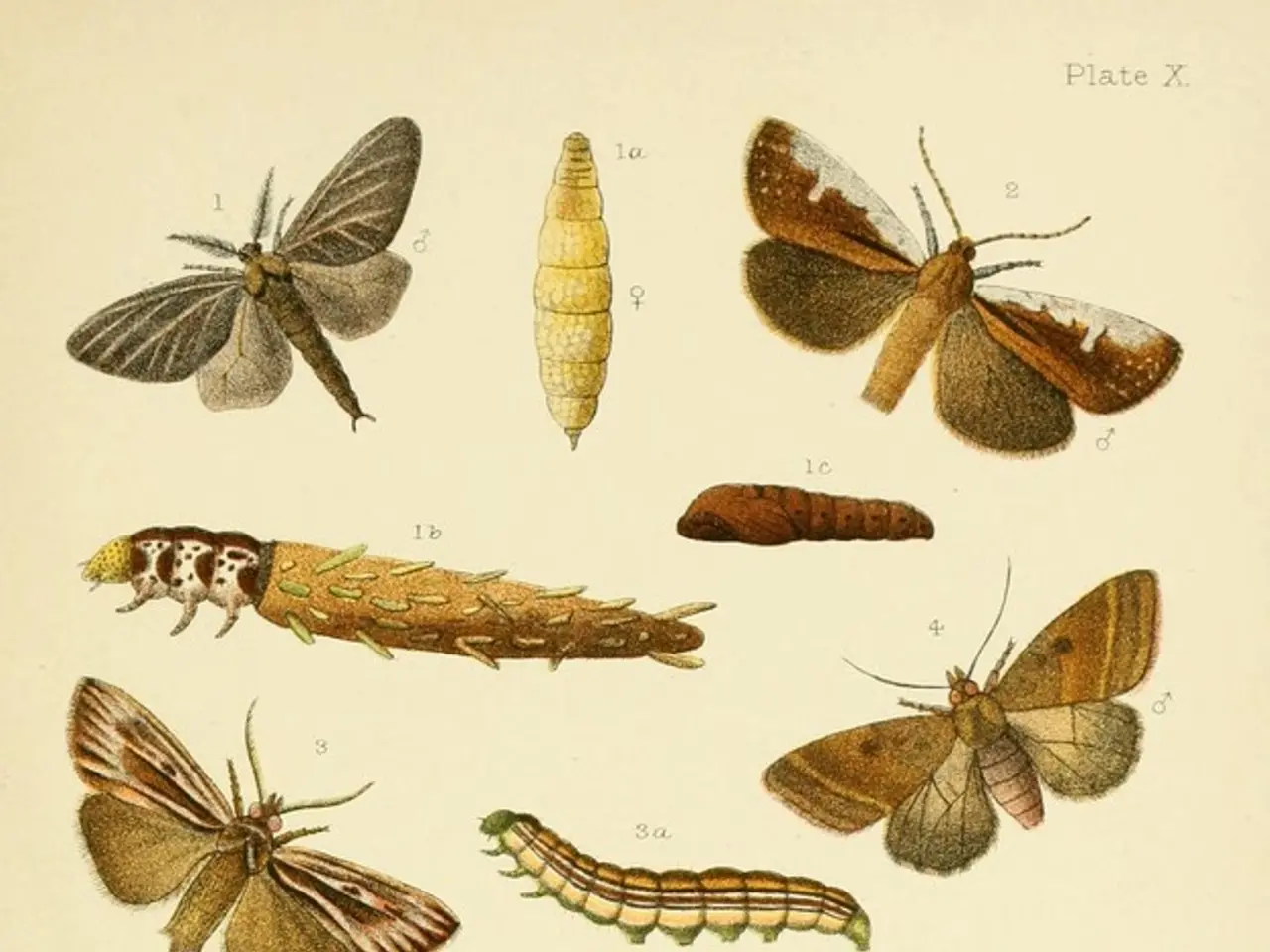Pesticide detrimental to bees' survival unable to resume use, as declared by France's leading judicial body on constitution matters.
In early August 2025, France’s Constitutional Council made a significant decision, ruling against the reintroduction of the pesticide acetamiprid, a move that has been banned in France since 2018 due to its harmful impact on bees and the environment.
The Duplomb law, which aimed to loosen regulations for farmers and expedite certain projects, remains in force, but the controversial provision allowing the reintroduction of acetamiprid was struck down. President Macron then signed a modified version of the law, upholding the ban on acetamiprid, rejecting its return amid widespread public opposition.
Acetamiprid, a chemical known to be toxic to pollinators such as bees and the environment, remains approved and legal at the European Union level until 2033. Proponents argue that some farmers, particularly beet and hazelnut growers, depend on it to compete economically with producers in other EU countries.
However, the main concerns surrounding acetamiprid center on its toxicity to pollinators and broader environmental risks. Scientific, environmental, and health experts argue that its use threatens biodiversity and public health. The French Constitutional Court ruled the pesticide’s reintroduction unconstitutional because it undermined the constitutional right to a balanced and healthy environment.
The decision reflects France’s environmental commitments and constitutional protections. The ruling came after left-wing lawmakers referred the bill for constitutional review, and before the law's passage, several thousand demonstrators rallied across France calling for the bill to be withdrawn. The petition on France's lower-house National Assembly's website calls the measure a "frontal attack on public health."
The controversy surrounding acetamiprid highlights tension between agricultural economic interests and environmental/public health protection in France. Beekeepers have described the chemical as "a bee killer," and a student-led petition against the bill garnered more than 2 million signatures.
The situation underscores the ongoing debate about the balance between agricultural productivity and environmental conservation, particularly within the European Union.
References:
- Le Monde
- Agence France-Presse
- Reuters
- BBC News
- The Guardian
- The controversy over acetamiprid in environmental-science circles stems from concerns about its harmful impact on mental-health (pollinators) and the broader health-and-wellness of the environment.
- The decision to ban the reintroduction of acetamiprid in France is a testament to the country's commitment to ensuring a balanced and healthy environment, as outlined in their constitutional protections.
- The ongoing debate about the use of acetamiprid highlights the importance of science in guiding decisions that balance agricultural interests with environmental and public health considerations.




